The Horror of Return to
"Syria of Assad..."
Refugees in the mountains of Lebanon and secret hiding places for fear of deportation
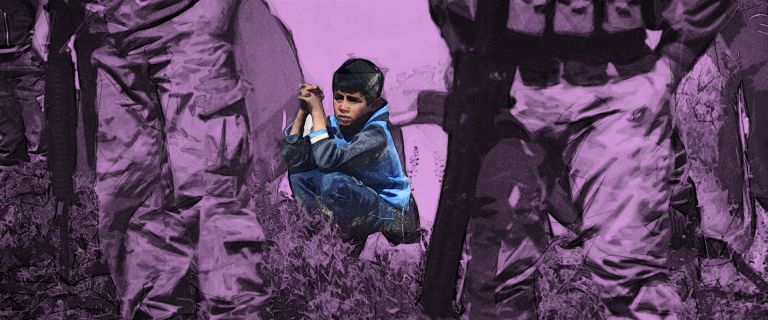
Within the "horror of the return to Syria-Assad" file, "Rozana" continues to publish more tough and inhuman stories that a large number of Syrian refugees are facing in Lebanon, especially after official statements that discussed the issue of "voluntary" return (about 15,000 Syrians per month, according to the Minister of the displaced). However, the truth lies in the stories and details narrated by human rights defenders and refugees who confirmed that the issue is far from voluntary return and it reaches the extent of deportation, without any consideration of the dangers that the deported people may face, especially since international reports and press investigations have proven that several returnees have been subjected to arrest and torture.
"Rozana's" contact with several official references and sources revealed to us that the issue of return and deportation and the confusion between the two terms is caused by the lack of coordination between the relevant bodies and ministries.
If the special committee to follow up on the return of refugees in cooperation with the Syrian government and the UNHCR is formed, "Rozana" has the right to be a part of any tripartite agreement regarding the return file.
Dr Ola Boutros, General Supervisor of the Lebanon Crisis Response Plan confirmed that the Ministry of the Displaced did not share her any plan in this regard, along with the Ministry of Social Affairs, which is directly responsible for the refugee's file.
Boutros affirmed that Lebanon adheres to the principle of non-refoulement and is keen to secure protection for those who can prove that they are at risk. She said: " We are in ongoing coordination with the UNHCR and the international community".
This means that the file is subject to a conflict between the responsible parties and to their poor coordination. Knowing that we are talking about a humanitarian issue and a real threat to the right to life.
Moreover, what is said about a "safe return" and protection contradicts the testimonies that were previously discussed in the article "The Horror of Return to Syria of Assad" (1), where Syrian refugees spoke of what their relatives or friends experienced on forced deportation without any protection and the violations which they were subjected to after being handed over to the Syrian authorities.
Amid the current chaos, confusion and lack of coordination on an issue that affects the lives of thousands of people, Leila, (a Syrian refugee and a mother and breadwinner for five children), says: "I know many people in the camp who tried to contact international organizations to obtain their protection because their lives are in danger but they did not get anything. Some persons went to Syria and disappeared including some of my neighbours and friends. Who do I trust to risk my safety and the safety of my children?"
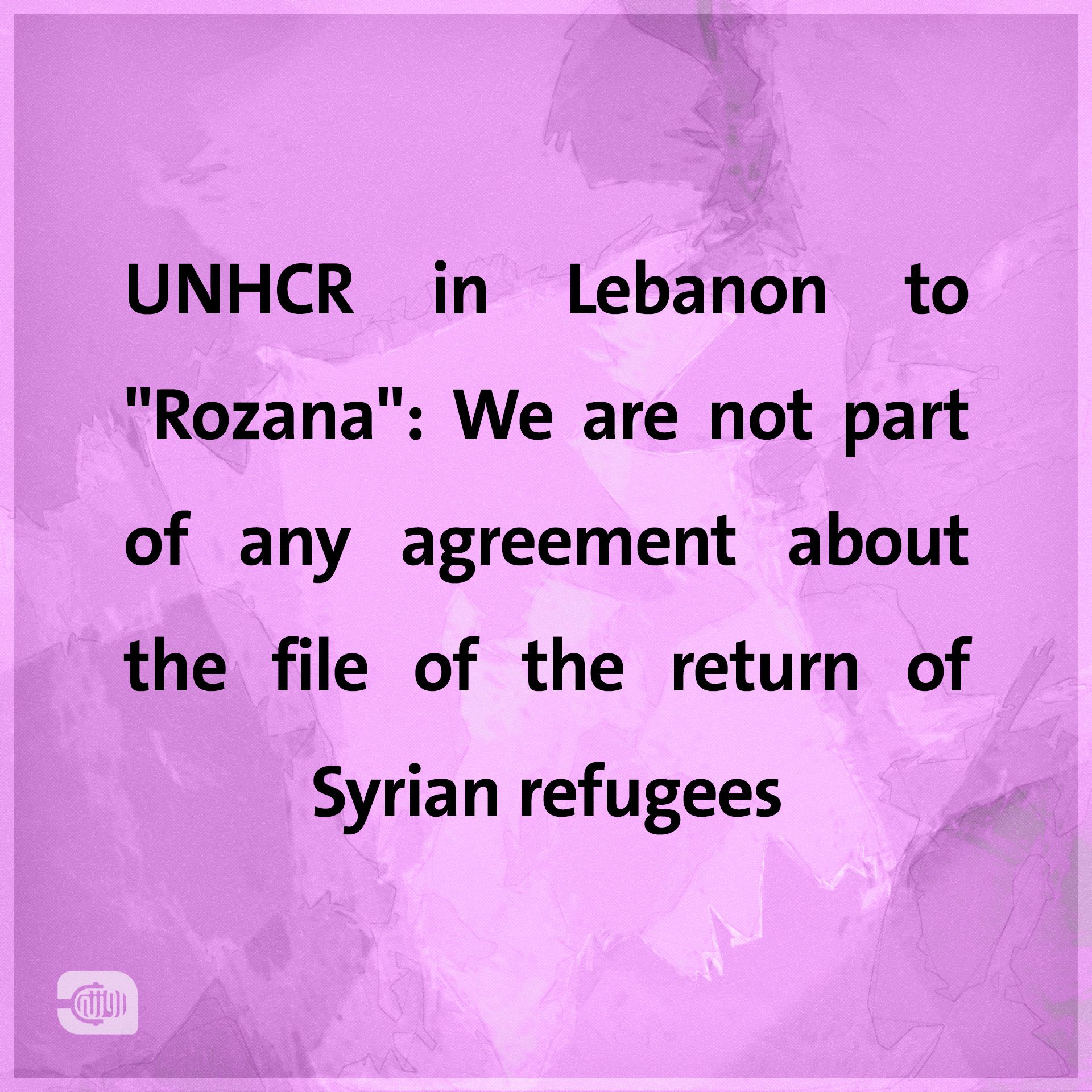
Leila works as a house cleaner to make a living for her family and lives in a refugee camp in the Aarsal town of Beqaa Governorate, knowing that her husband has been imprisoned in Syrian prisons since 2014, and she does not know anything about him. She said: "We walk near walls to be safe... My daughter will graduate from university this year, and I wish to live her happiness, I do not want another catastrophe. We, the people of Daraa, became hated, to where I return and be afflicted?".
112 Stories
Syrian activists, who Rozana contacted, confirm that there is a real fear in the refugee community, especially among opponents, of being subjected to forced repatriation. Knowing that many of them may be subjected to violations on the pretext of evading forced conscription or fleeing from Syria as a result of the conflict or because they participated in opposition demonstrations or because one of their relatives was a member of the opposition.
Activists pointed out that the statements by Lebanese officials about returning Syrians have caused an increase in violations against Syrian refugees in Lebanon including checking at security checkpoints, raiding homes and camps, forced and arbitrary evictions from camps and homes, and refusing to renew residence permits. These actions caused an increase in societal violence by the local community against Syrians, a fact confirmed also by the "Access Center For Human Rights (ACHR)".
While the Lebanese authorities stress the safe return and deny any forcible deportation that endangers the lives and safety of people, the "ACHR" documented several torture cases and violations that followed the return of Syrians to their country.
The "ACHR" explained to "Rozana" that "during the period of Syrian asylum since 2011, threats of forced deportation appeared in Lebanon in different years and for various reasons, particularly the Lebanese economic situation, which emerged due to political differences over the issue of Syrian asylum in Lebanon".
There is no accurate and published number of Syrian deportees from Lebanon to Syria, but the "ACHR" documented 112 cases from 2019 until the end of June 2022. However, the number is much more than that, for example, the General Directorate of General Security confirmed that it had "returned" 6,345 Syrian citizens between April 25, 2019, and September 19, 2021.
According to a report prepared by the "ACHR", several deportees have been subjected to several violations, such as arbitrary detention, torture, and violations of housing and property rights. These violations have been exacerbated due to the systematic lack of identity cards and other documents and the impossibility of obtaining them.
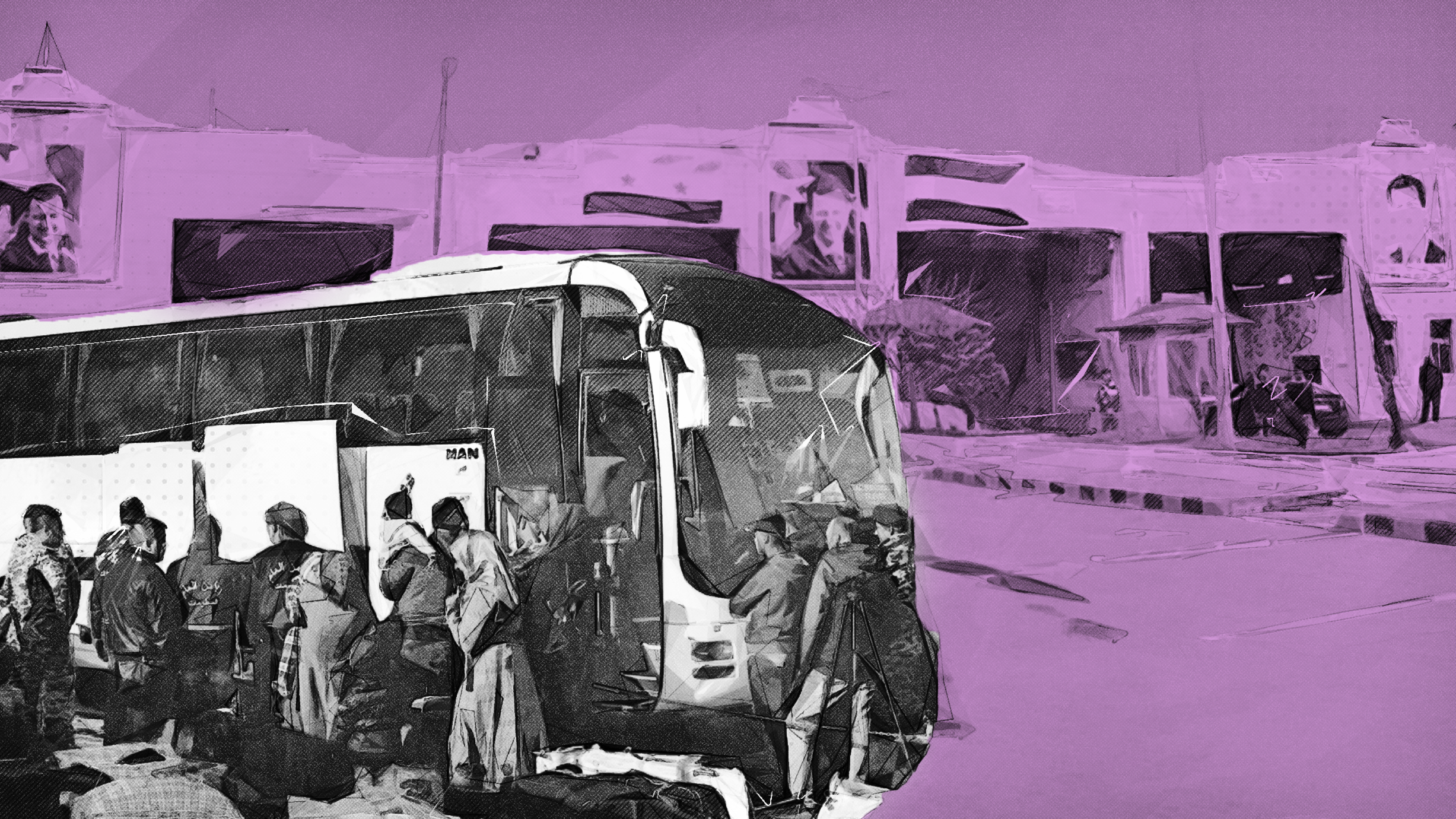
Although the Lebanese authorities call for a safe return of Syrian refugees and claim that they coordinate with the Syrian authorities to ensure their return without being subjected to any risk, we are still monitoring and documenting serious deportation cases. In this context, the Lebanese General Directorate of General Security deported a minor in June 2022. Until the present day, he is still missing after handing him over to the Syrian authorities. Likewise, a person was deported in late June. He was arrested immediately after being handed over to the Syrian authorities and is still detained, according to the "ACHR".
"My residence permit will expire after a month and I think I will face the decision of deportation," said Mohammed, a janitor in the Sin el Fil suburb east of Beirut. He continued: "I do not know what I have to do. Syria is not safe as they claim. My parents live there, and we talk every day and I precisely know the suffering." Muhammed participated in the opposition demonstrations; he knows well that his fate will not be better than the fate of his comrades. He is now waiting to obtain a residence permit in any safe country so that he can continue his life, and he fears that his dream will end with his deportation decision. He concludes by saying: "Throughout the war, I did not feel the fear that I experience now".
"Rozana" contacted the United Nations High Commissioner for Refugees (UNHCR) in Lebanon, and it confirmed that the "voluntary return to the homeland in safety and dignity is a basic right for every refugee.
While most Syrian refugees hope to return to Syria, their decision to return or not depends on a range of different factors.
Refugees express to UNHCR that they are still concerned about factors relating to their home country including "safety and security, housing, availability of basic services and livelihoods".
On the other hand, the UNHCR stated that it "is currently not part of any tripartite negotiations about the return, or any kind of planning for the return of refugees," calling on the Lebanese government to respect the basic right of all refugees to voluntary, safe and dignified return, and respect the principle of non-refoulement. Most refugees in Lebanon hope to return to Syria one day, but until solving the problems that prevent the return of refugees, it remains essential to ensure their continued safety and protection in Lebanon.
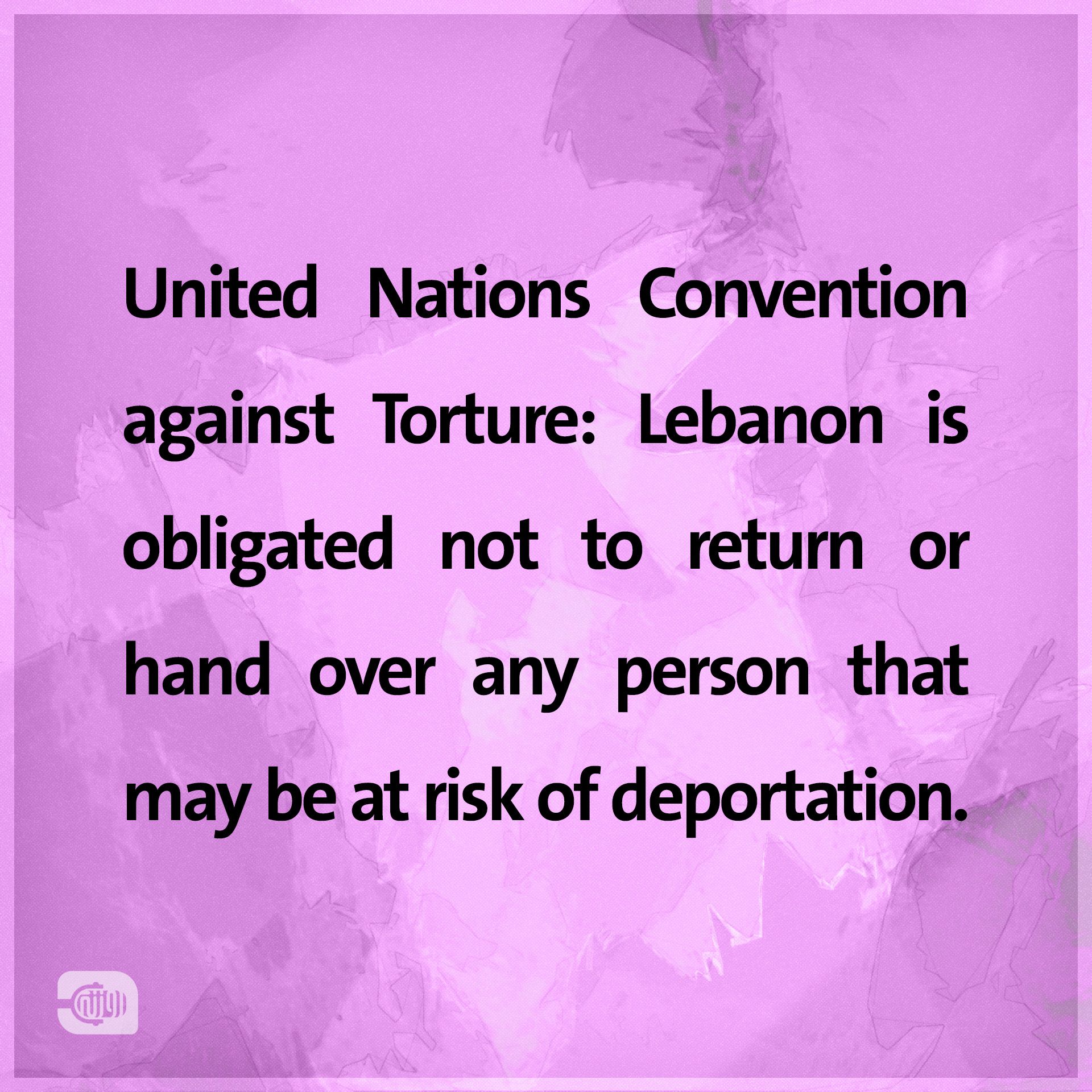
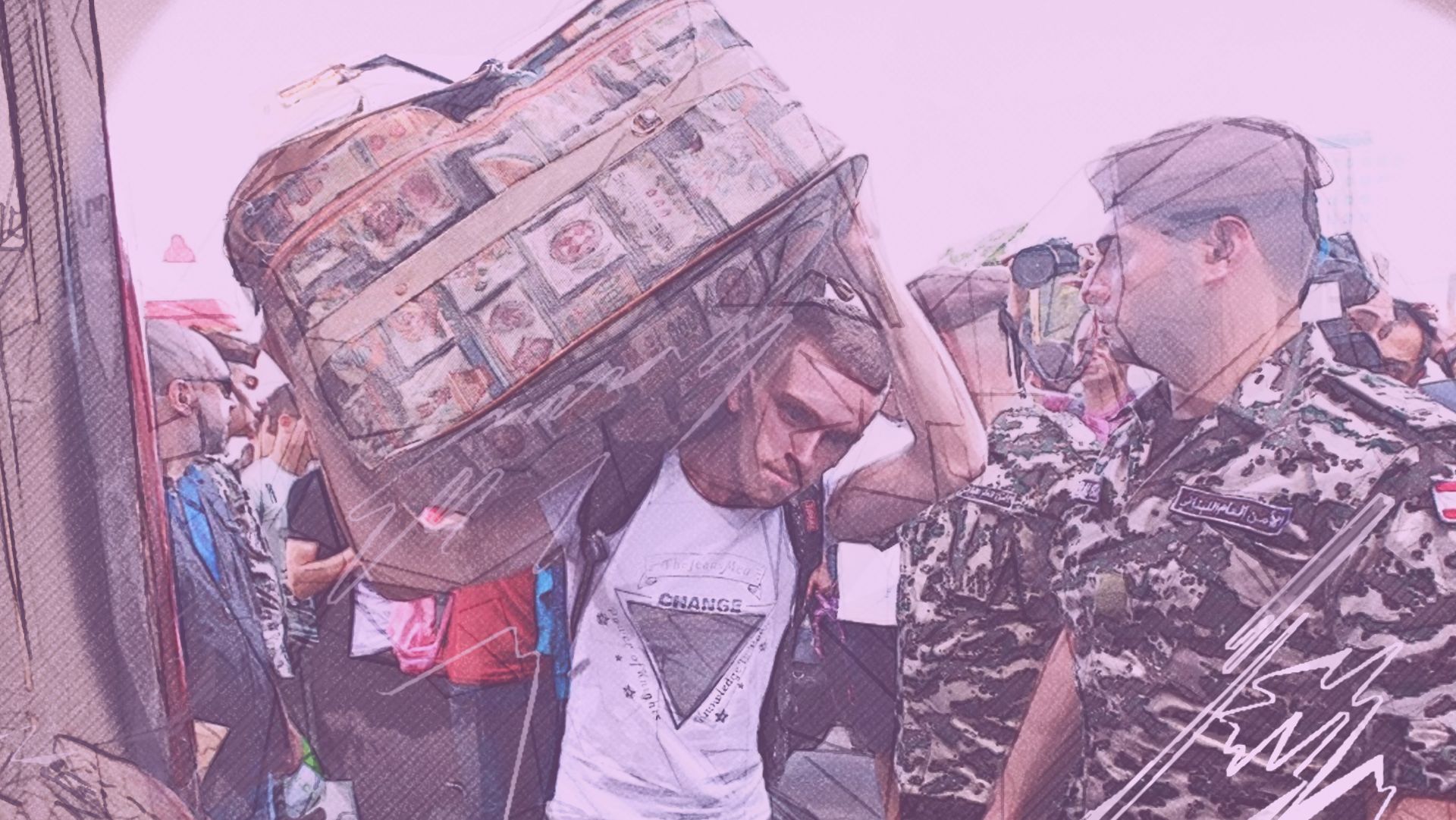
Extreme Poverty
On the margins of the safe return and forced deportation, it must be noted that the economic crisis that Lebanon is facing has affected the entire society, especially the refugees. According to the Vulnerability Assessment of Syrian Refugees in Lebanon (VASyR) implemented by UNHCR, nine out of ten refugees experience extreme poverty, which forces them to make very difficult and crucial decisions every day, to adopt negative coping strategies such as eating one meal a day and reducing the number of meals, force children to leave school for work and not asking for the necessary health care.
Cash assistance is provided to the most vulnerable refugees only, and the money assistance of the humanitarian cash assistance programs for refugees is disbursed in Lebanese pounds and not in US dollars, as circulated in media news and populist talks.
Since 2011, more than $309.33 million has been invested in Lebanese institutions and infrastructure to support several ministries to provide public services to a larger population.
This reality confirms that the refugees along with the host communities are already neglected, especially in Lebanon which suffers from manifold crises, and it is impossible to ask it to bear the burden of asylum alone without support, assistance, and a clear plan that secures the lives and safety of the refugees.
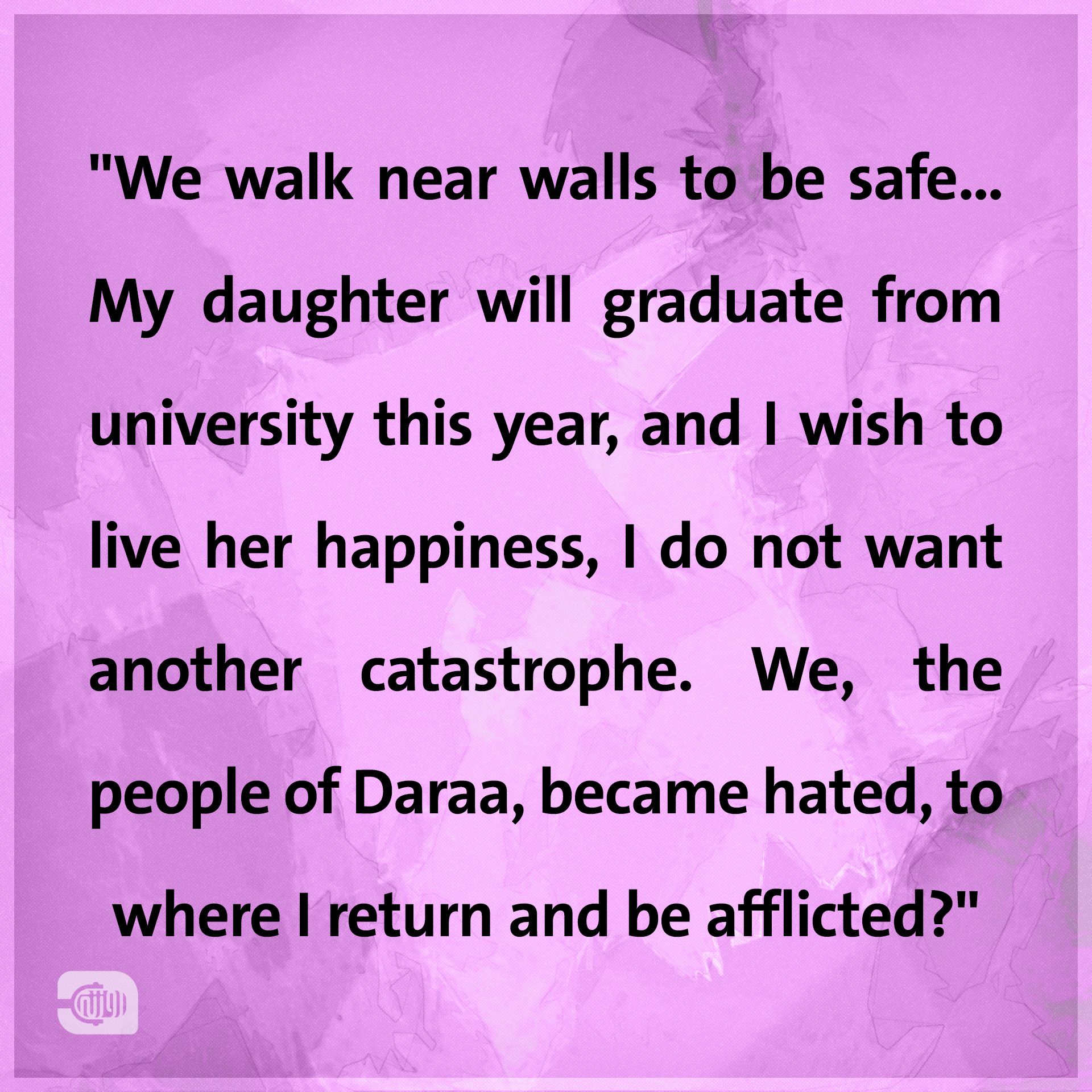
"Our Lives Are Like Death"
The report "Our Lives are Like Death": Syrian Refugee Returns from Lebanon and Jordan" issued by Human Rights Watch concluded that Syria is not safe to return to. Out of the 65 returnees or their family members that we interviewed, "Human Rights Watch” documented 21 cases of arbitrary arrest and detention, 13 cases of torture, 3 cases of kidnapping, 5 cases of extrajudicial killing, 17 cases of enforced disappearance, and one case of sexual violence.
In its statement commenting on the recent "safe return" decisions, "Human Rights Watch" affirmed that what is worrying here, other than that this step may constitute a clear violation of Lebanon's international obligations, is that it is being implemented without the participation of the UNHCR.
Regarding opposition activists, who may be at risk of arrest, torture and even death if they return to Syria, Minister of the Displaced Issam Sharafeddine suggested deporting them to third countries or they have to pledge to the Syrian government that they will "not harm the Syrian state," "based on a wrong assumption, as it appears, that this will protect them from abuse, according to "Human Rights Watch".
In conclusion, any forcible return to Syria is considered a violation by Lebanon of its non-refoulement obligations, which means forcing people to return to countries where they face a clear risk of torture or persecution, in addition to the destruction the Syrian economy and infrastructure have been experienced in more than ten years of conflict and sanctions.
In its capacity as a part of the "United Nations Convention against Torture", Lebanon is obligated not to return or hand over any person that may be at risk of torture.
Since the international community continues to distance itself from the danger threatening many people if they return, and does not seek to provide adequate assistance to the host communities or even to search for a final and efficient solution to the Syrian displacement, Leila, Muhammad and many others of those who were interviewed in this investigation in its both parts, will remain obliged to hide from the deportation guillotine and the illusion of "safe return".